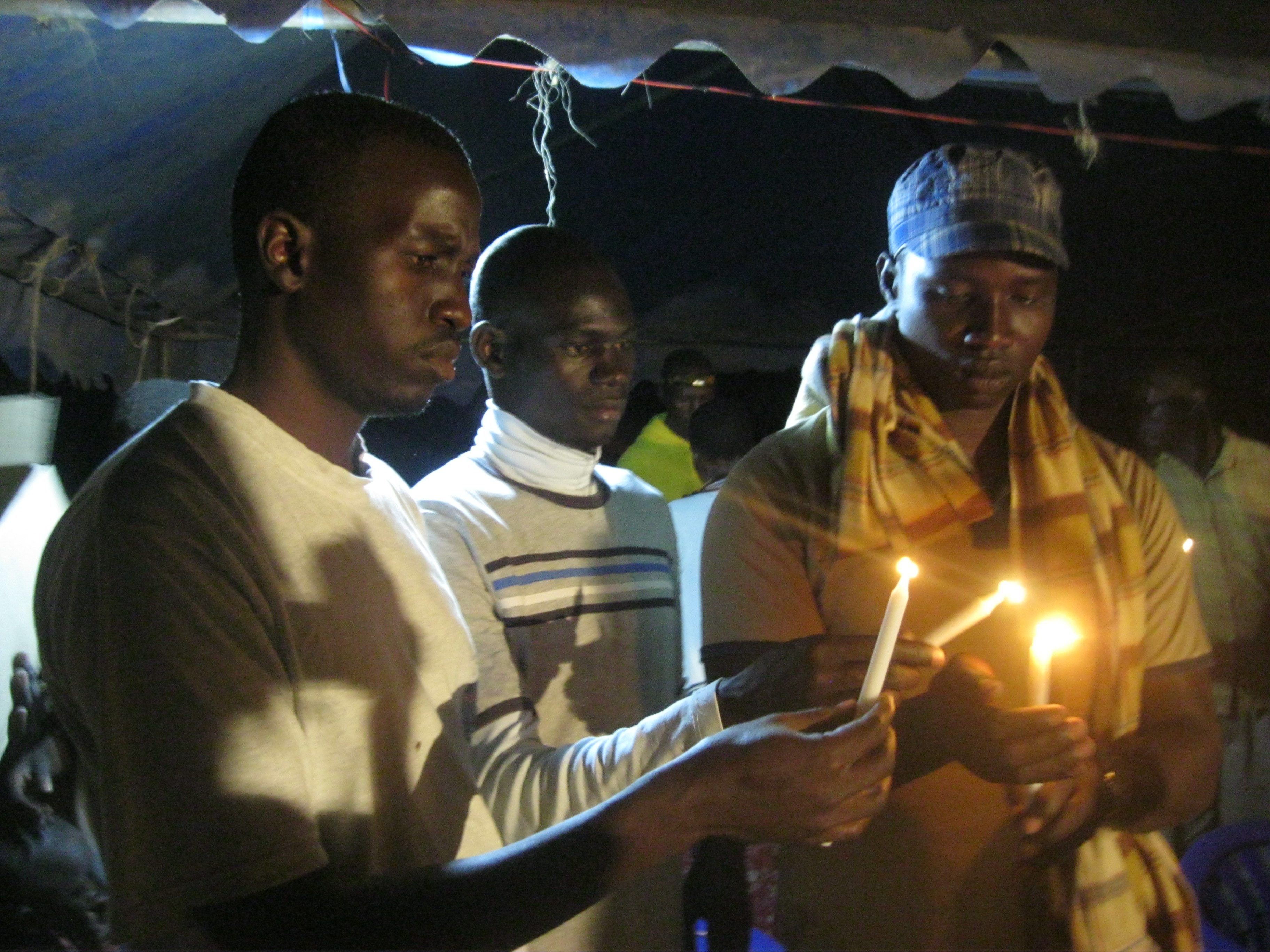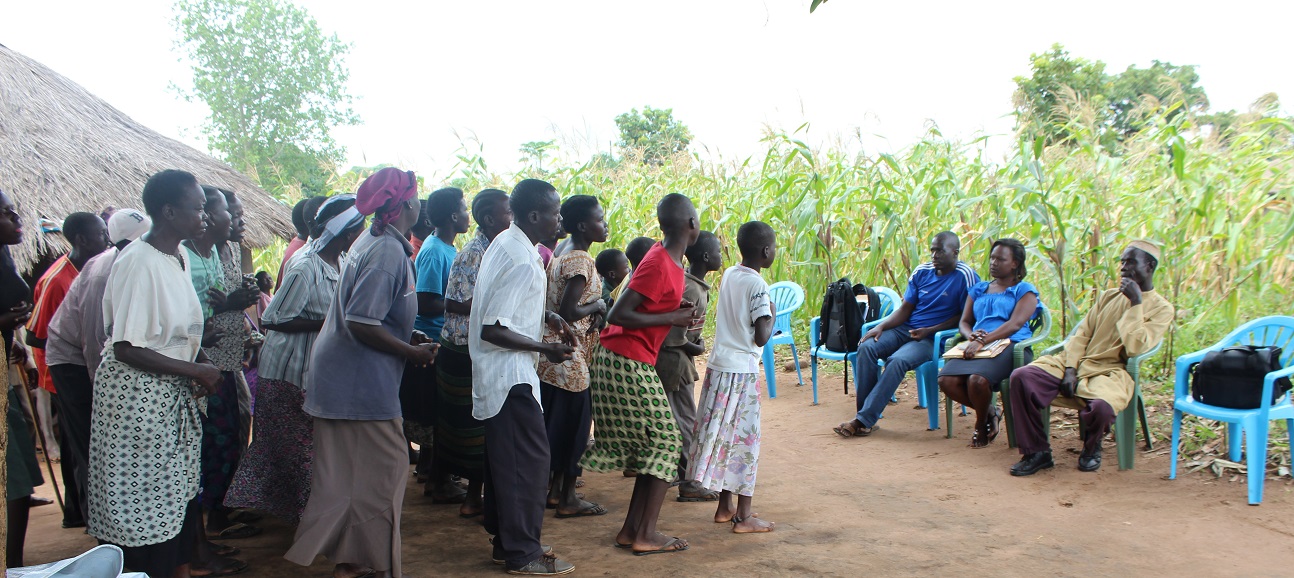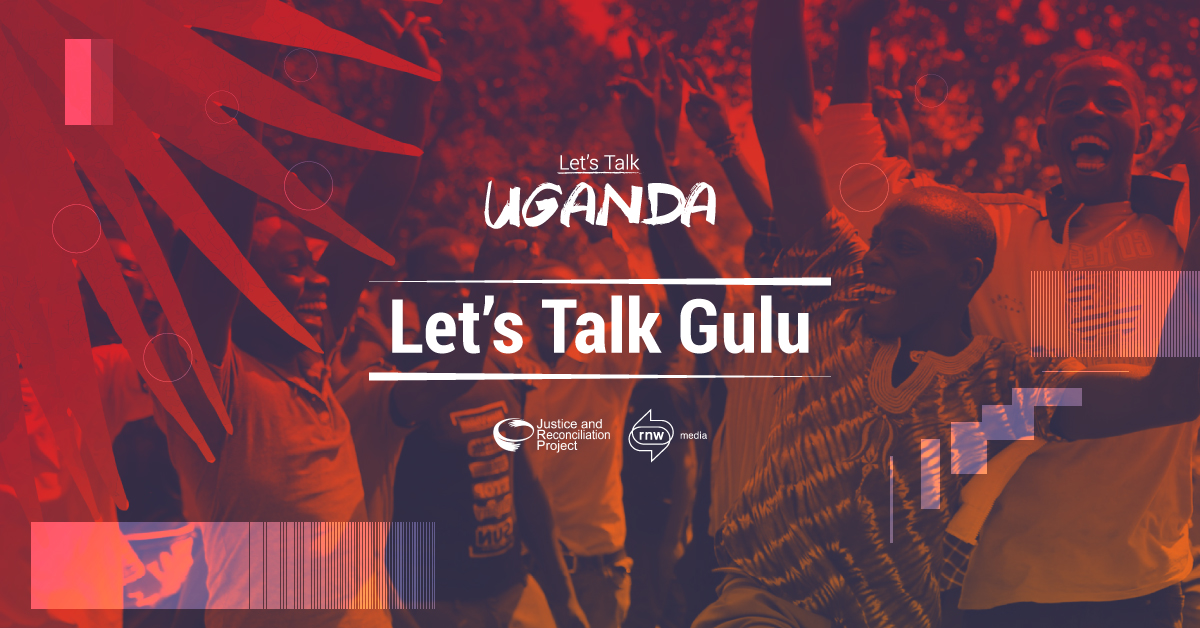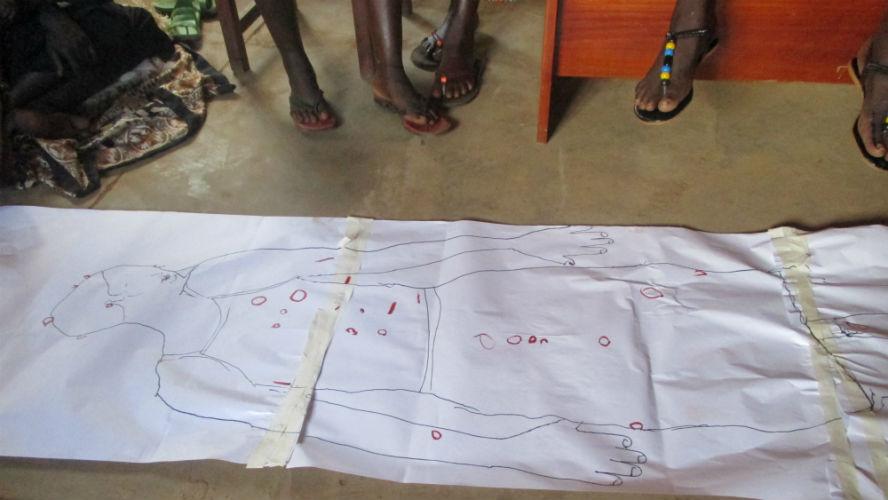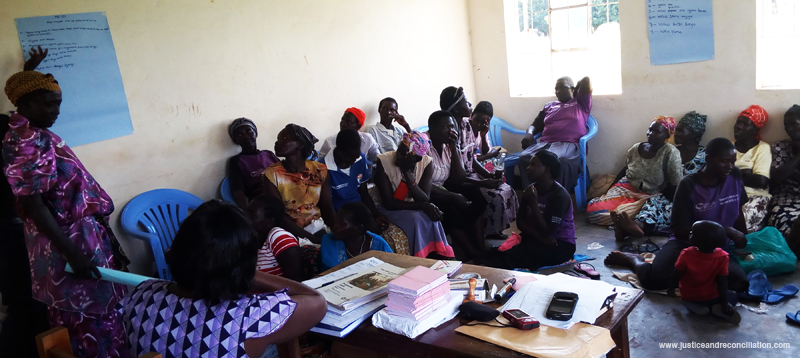
On behalf of the Justice and Reconciliation Project (JRP), it is my honour to celebrate with you the lives of those who perished during the tragic Barlonyo massacre of 21st February 2004. I am honoured by the legacy set by the victims’ community to commemorate the lives of their loved ones on an annual basis.
Remembrance has proven to be a strong tool for social reconstruction especially in dealing with trauma, conflict and tension, and also in addressing stigma within the community. It provides an opportunity to understand shared conflict experiences and for victim communities to chart a way forward to deal with their transition challenges for harmonious coexistence.
Promoting justice and reconcililiation
Community memorialization is also a community relevant transitional justice approach to justice and reconciliation, an approach that needs to be supported by local government and international organizations to promote justice and reconciliation especially in the absence of official transitional justice framework. I want to applaud Lira district local government for taking up the challenge of leading the arrangement of this year’s Barlonyo memorial prayer as well as thank all partners that supported the process.
Over the last 11 years, JRP has played a key role in understanding and explaining the needs, concerns and interests of war-affected people in northern Uganda through research and documentation. Adopting a victim centered approach, we have built the capacity of many victim communities to play a lead role in advocating for justice, accountability and reconciliation as well as dealing with their conflict challenges on their own.
We have also supported community justice, accountability and reconciliation initiatives which have moved victims to another level in as far as social recovery is concerned. We are happy to see the community of Barlonyo, with whom we have worked with for a long time, keeping up the momentum to socially reconstruct their society by collaborating with other partners, especially local government.
Holistic approaches
In a survey we conducted in 2015 on opportunities for regional reconciliation, we found a number of justice, accountability and reconciliation needs within communities and between the different ethnic communities in northern Uganda. This is a huge transition challenge that calls for holistic approaches to provide substantive responses to the transition challenges.
I therefore urge the government of Uganda to pass the transitional justice policy of Uganda and expeditiously implement programs to answer the justice, accountability and reconciliation needs in war affected communities. This will go a long way realize sustainable peace and reconciliation in northern Uganda and achieve national unity.
In conclusion, I want to thank the community of Barlonyo and Lira district local government for initiating the commemoration of the 13th anniversary of the Barlonyo massacre. I urge every stakeholder for a positive remembrance through an approach that deals with conflict trauma, stigma as well as the reconciliation needs of the affected community.
JRP remains committed to support justice, accountability and reconciliation efforts of conflict affected people and we shall always be there for victims and with victims.
May the souls of those who perished rest in peace and their spirits leave to promote community and regional reconciliation.
Okwir Isaac Odiya is the Head of Office with the Justice and reconciliation Project
